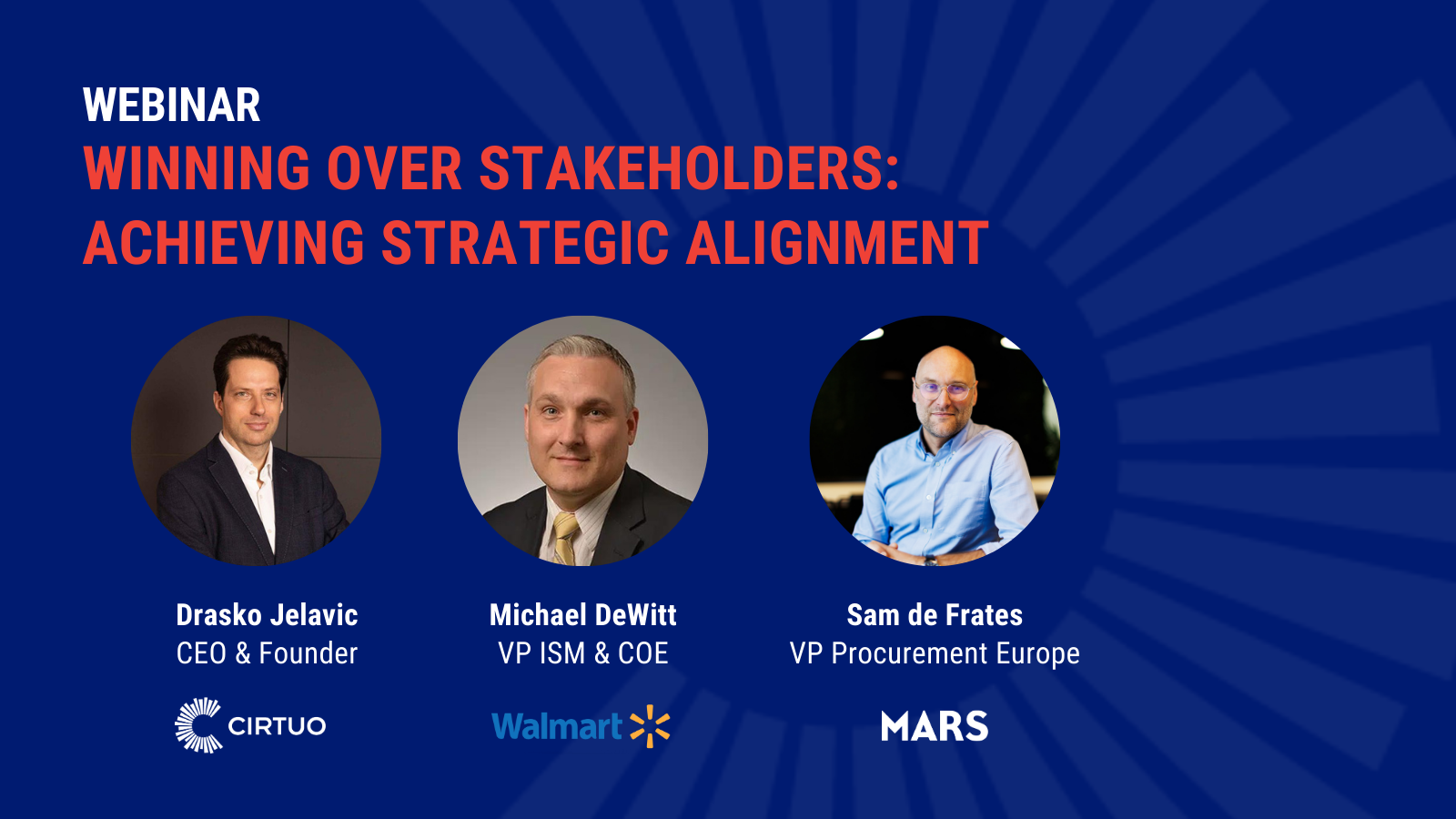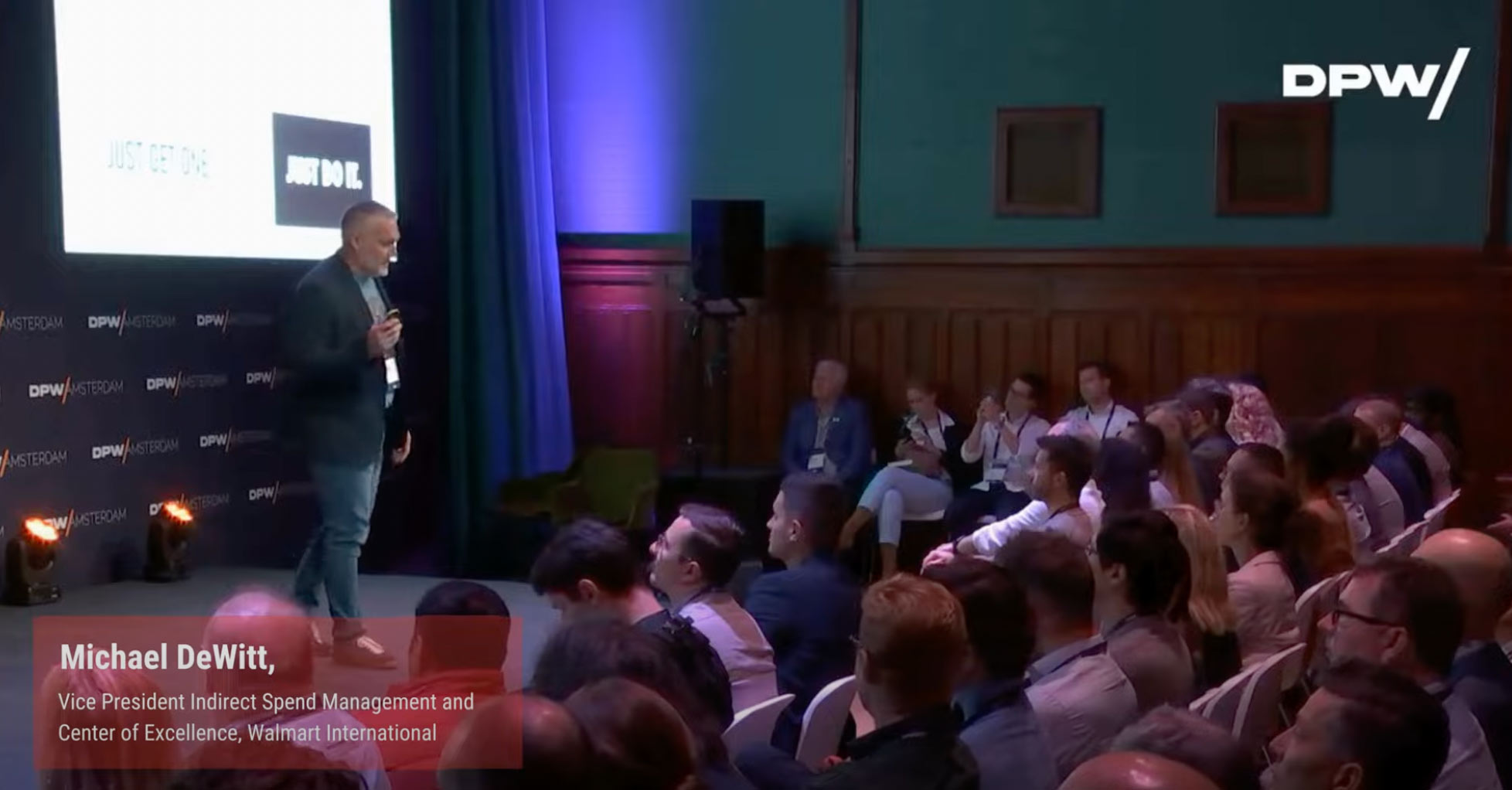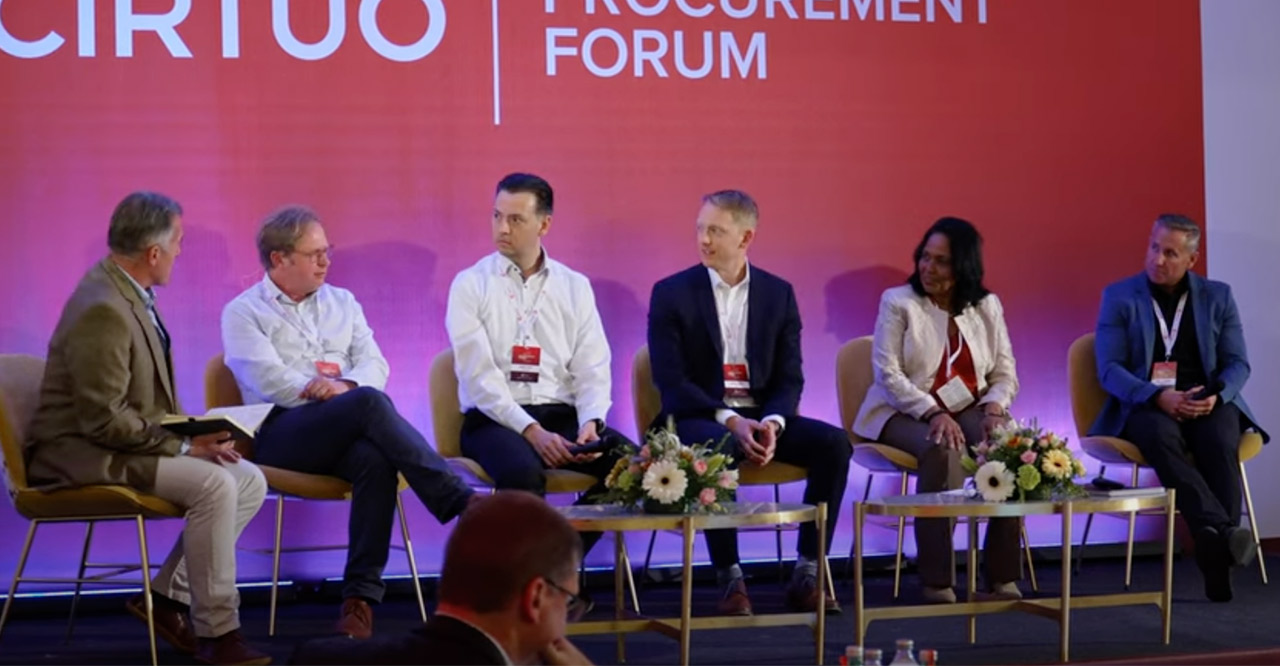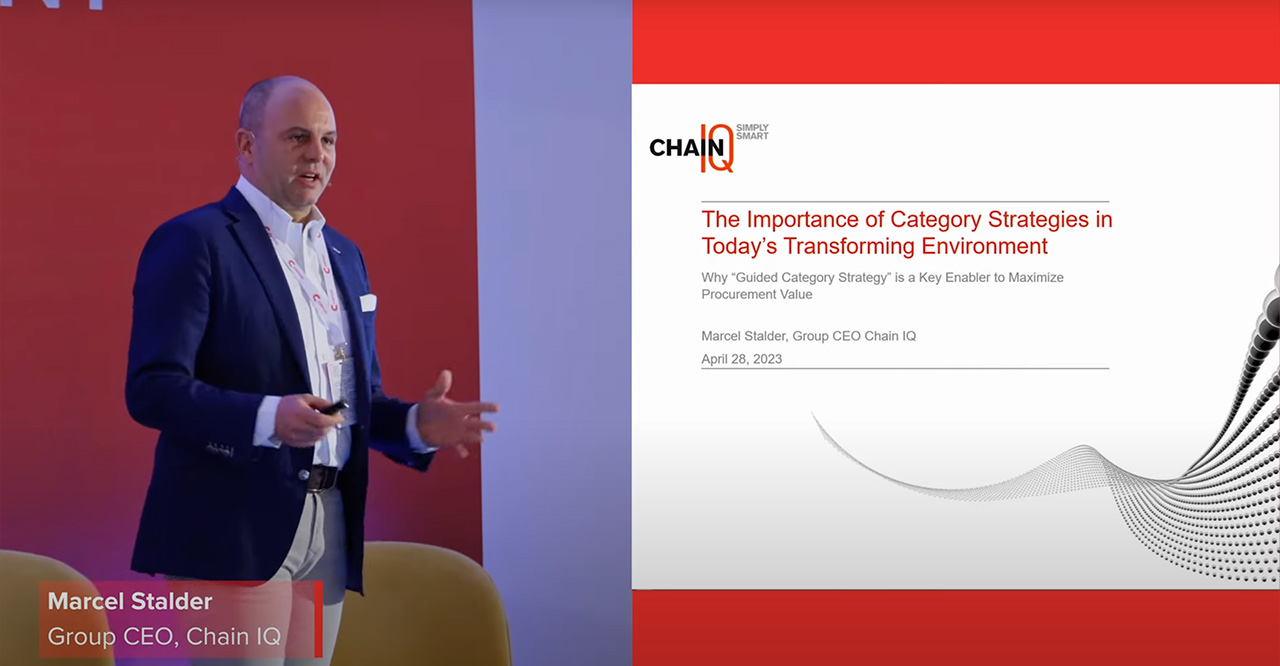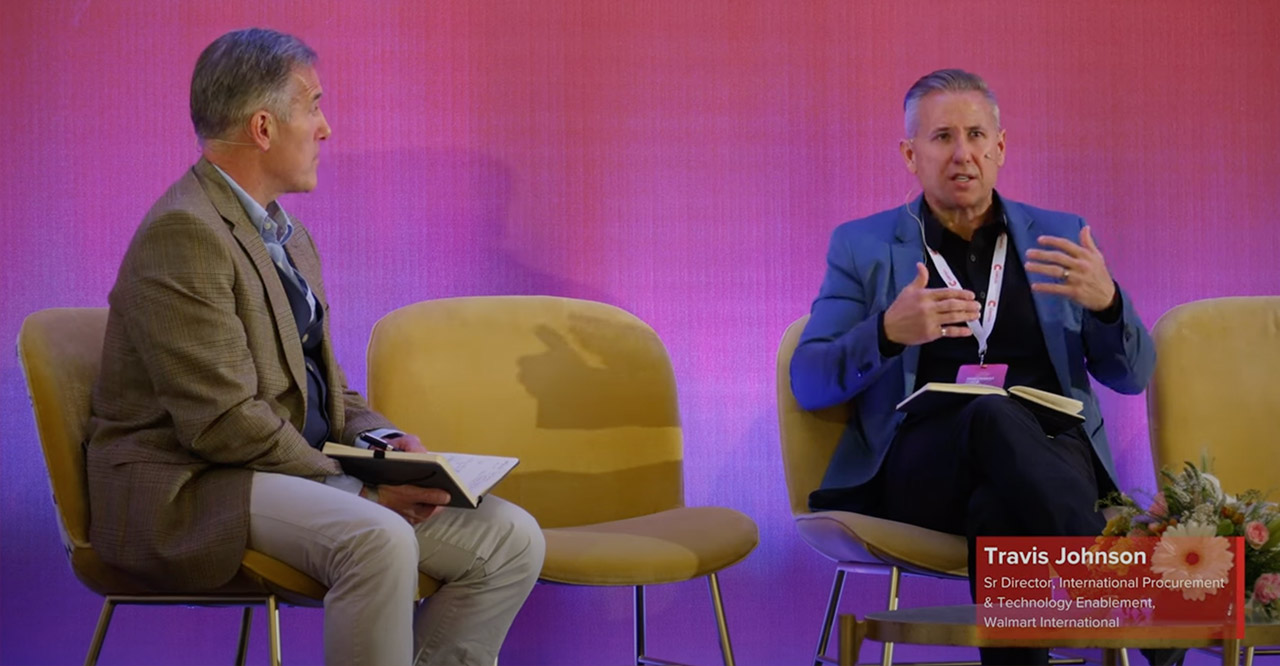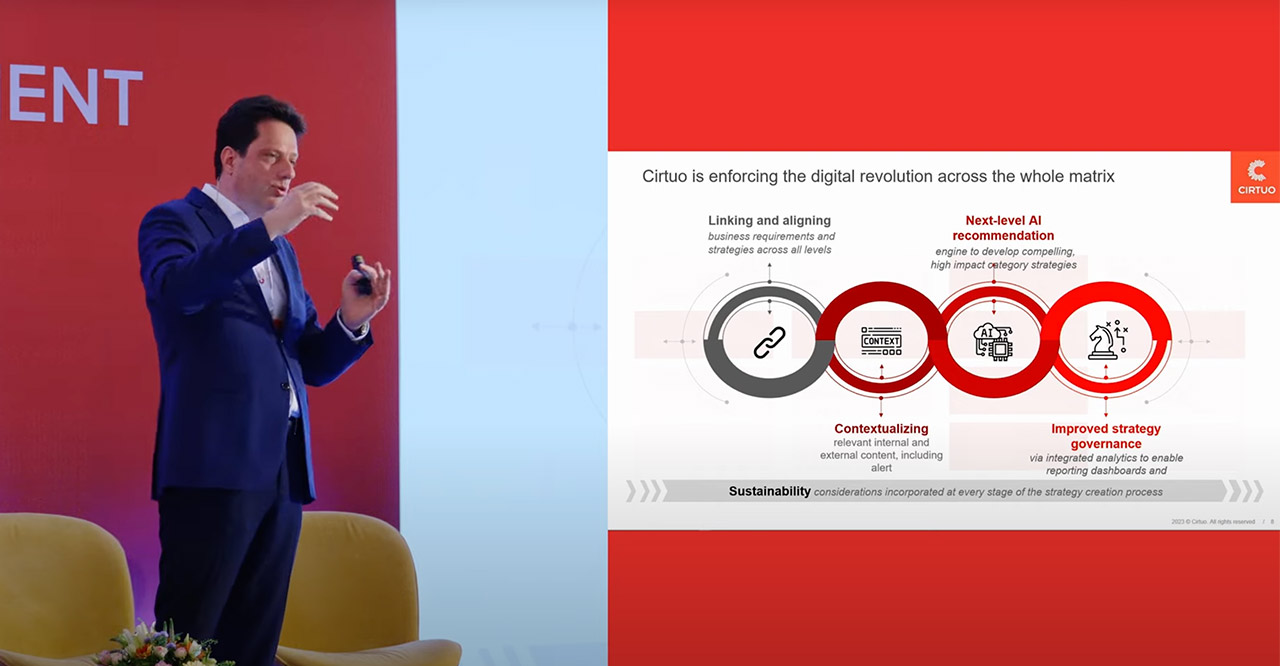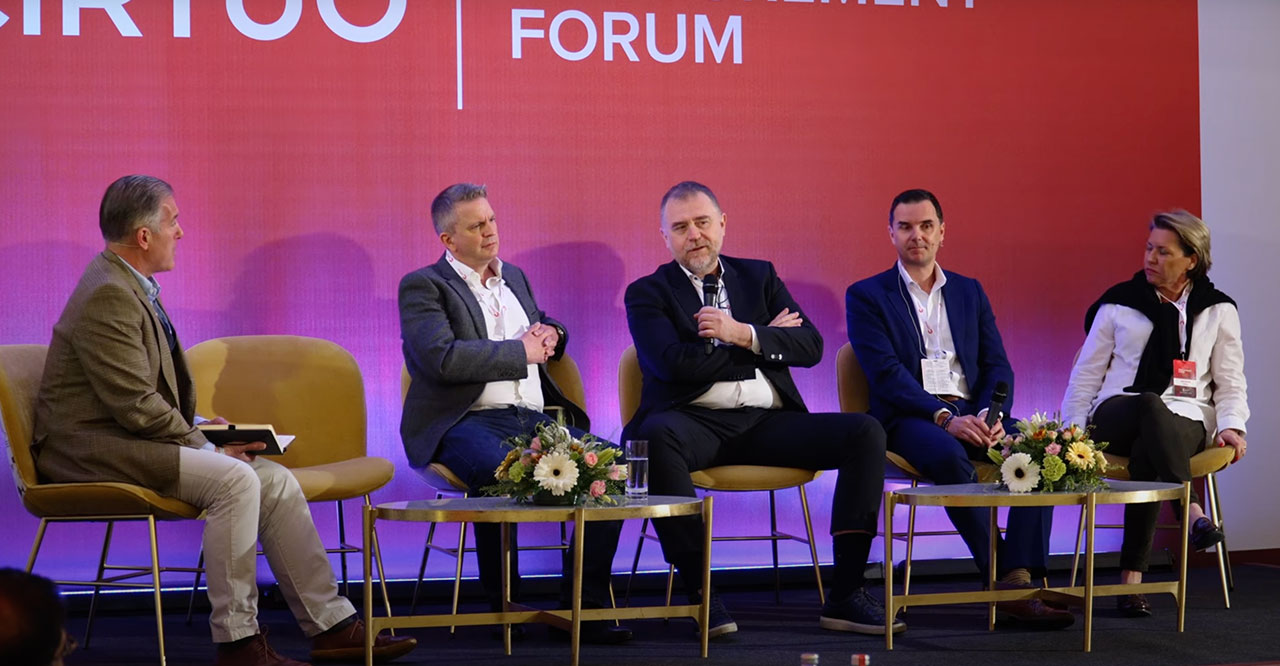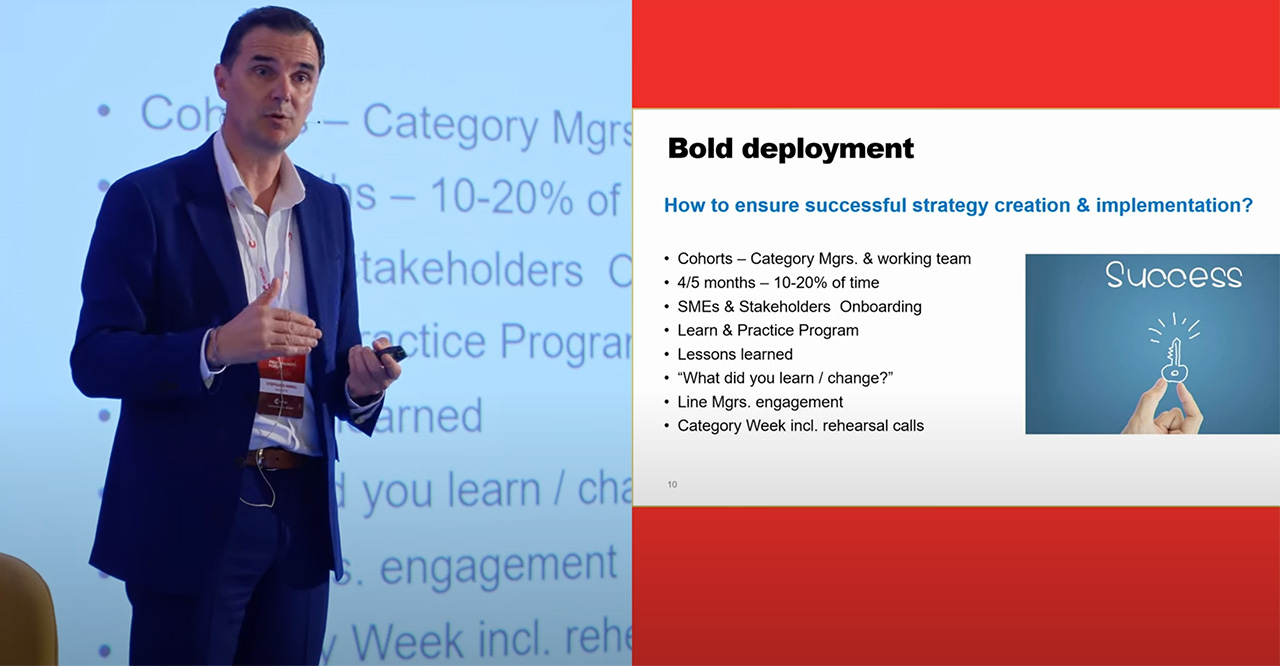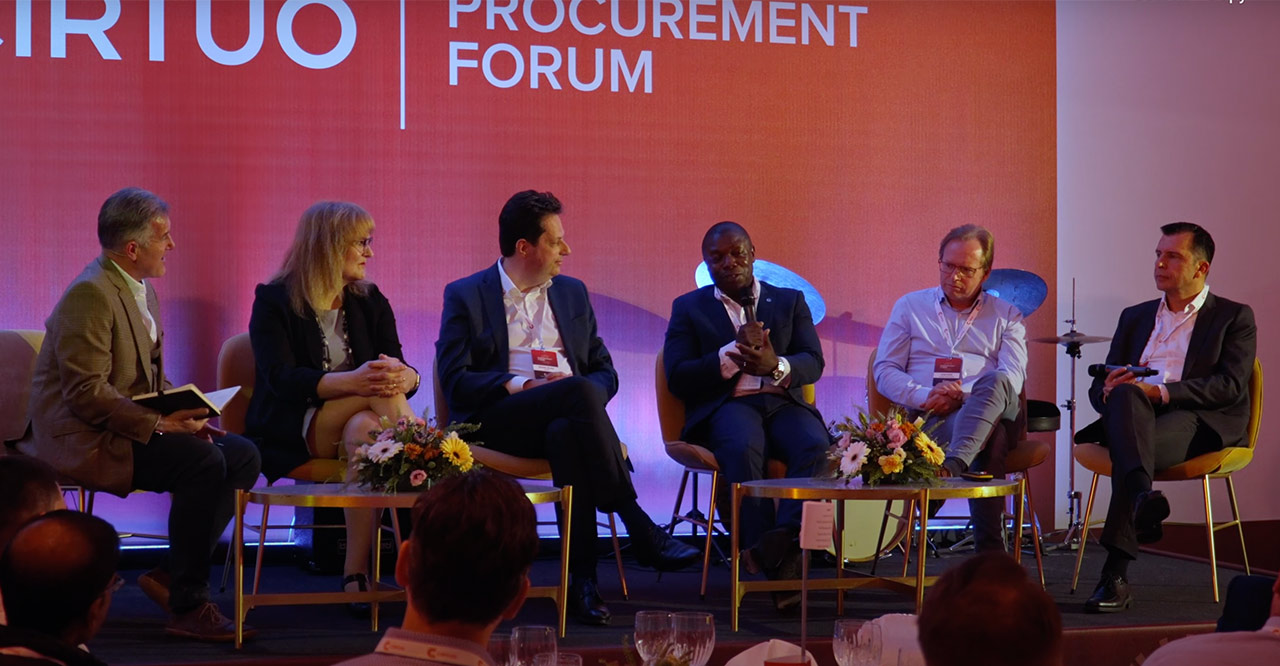In the webinar “Winning over stakeholders: Achieving strategic business alignment in Procurement”, Michael DeWitt, VP Indirect Spend Management & Center of Excellence at Walmart International, Sam de Frates, VP Procurement EMEAA at Mars, and Drasko Jelavic, CEO of Cirtuo, discussed with Fabian Lampe, Founder of Advance Procurement, the importance of engaging stakeholders, aligning Procurement with their objectives, and translating the objectives into actionable category, supplier, and negotiation strategies.
- Admin
- March 29, 2024
